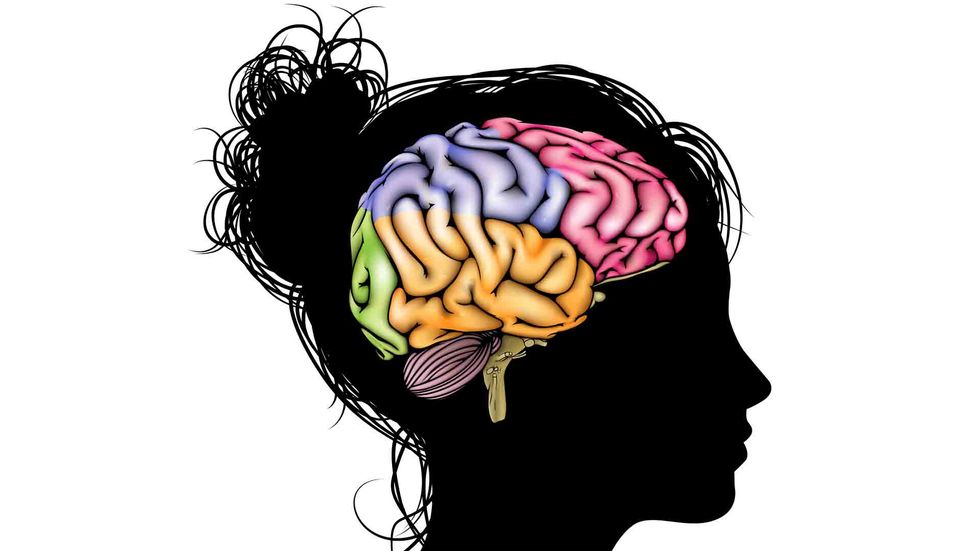The human species was not born with a mind. We did not emerge from our primate ancestors with a ready sense of awareness to rival that of anything else on the planet. Rather, the mind developed almost randomly, our cortex slowly expanding and undulating inside the skull to reach its modern, squishy, furrowed form. How our minds arose from this gelatinous mass is still not well understood, but more concerning is how little most of us know about our own brains.
In fifth grade, I remember learning that the brain is made up of three parts: the cerebrum, cerebellum, and medulla. In middle and high school, we learned nothing more. For those who elected to take AP Psychology, we merely learned the very basic ways the mind and behavior interact. But for most people, knowledge doesn’t stretch too far beyond the fact that we have a brain that controls our vital and mental functions. The most complex and important organ in the body, the organ responsible for our humanity, is the one the public is the least educated about.
We shouldn’t need access to universities to learn about the human mind and brain. This hole in public education is arguably responsible for basic interpersonal misunderstandings, mistreatment of others, lack of empathy for people with special needs, even cultural disparities that lead to war. Not that world peace will be achieved once we all take a few neuroscience and psychology courses, but understanding how differences arise and manifest themselves within each other would at least give us an improved understanding of how humanity works as a whole.
After studying neuroscience and psychology for three years, I have emerged from my undergraduate career with a better understanding of my peers, my Trump-supporting family members and even radical religious groups. I now understand why teenagers act the way they do; I can see why someone may hold drastically different social values from myself; most importantly, I have learned that the brain governs what we do and who we are through both minuscule interactions with our DNA and experiences with other people in the world.
We are a complex species with infinitely complex behaviors and brains. To ignore the complexity that underlies each individual, their way of thought and how they act, is a disservice to humanity. I started studying neuroscience and psychology because I wanted to know why people do the things that they do. I struggled to understand genocides, to understand bigotry and racism because I would not accept the simple answer that these phenomena are “the way of the world”. No one should accept that answer. Basic psychology and neuroscience concepts need to be part of every curriculum. If we continue to ignore the implications of these fields, we'll never grow in understanding of others and we'll continue to make the same mistakes that history has warned us about.
















